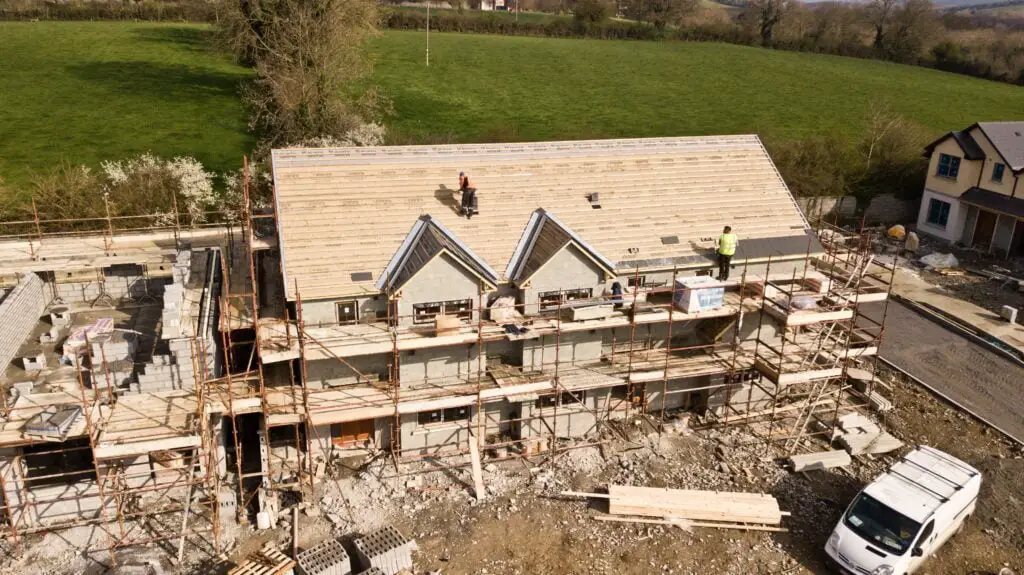The construction industry in the Philippines is set to embark on another transformative year in 2024, marked by ambitious projects and a growing demand for infrastructure development.
However, as the industry charts its course, the pricing dynamics of construction materials are expected to play a pivotal role. In this comprehensive analysis, we explore the key factors influencing construction material prices in the Philippines for 2024 and their potential implications on the sector.
- Global Economic Landscape:The global economy remains a cornerstone in shaping local construction material prices. As the Philippines continues to import a significant portion of its construction materials, external factors such as international trade relations, geopolitical tensions, and global supply chain disruptions will undoubtedly influence the pricing landscape.
- Post-Pandemic Recovery:With the ongoing recovery from the COVID-19 pandemic, the construction industry is poised to experience both challenges and opportunities. While the resumption of global economic activities is expected to boost demand for construction materials, the aftermath of supply chain disruptions and production halts may continue to echo in 2024.
- Sustainability and Green Construction:A notable trend influencing construction material prices is the increasing emphasis on sustainability. As environmental concerns gain prominence, there is a growing demand for eco-friendly and sustainable construction materials. The availability and cost competitiveness of these materials will play a crucial role in shaping the industry’s direction.
- Government Infrastructure Projects:The Philippine government’s commitment to large-scale infrastructure projects remains unwavering. The continuation or initiation of flagship projects in 2024 will significantly impact the demand for construction materials. Key sectors to watch include transportation, energy, and urban development.
- Currency Exchange Rates:The volatility of currency exchange rates continues to be a critical factor influencing the cost of imported construction materials. Fluctuations in the Philippine Peso against major currencies can either mitigate or exacerbate the price pressures on construction materials, impacting the overall cost of construction projects.
- Technological Advancements:The integration of technology in construction materials, such as smart materials and advanced manufacturing processes, introduces a new dimension to pricing. While these innovations may enhance efficiency and durability, their initial costs and market acceptance will influence their widespread adoption in the industry.
- Local Market Dynamics:The domestic demand for construction materials is intrinsically tied to the overall economic health of the Philippines. Factors such as population growth, urbanization trends, and the real estate market will play a vital role in shaping local market dynamics and, consequently, construction material prices.
Conclusion:
As the Philippines stands at the threshold of 2024, the construction industry finds itself at the intersection of challenges and opportunities.
Navigating the complex web of global economic factors, sustainability trends, government projects, and technological advancements requires a strategic and informed approach.
Industry stakeholders, from builders to policymakers, must remain vigilant to the evolving landscape to ensure a resilient and sustainable future for the construction sector in the Philippines.
To see other material construction prices, please see here.
To know other construction guides, tips, and methodology for beginners, veterans, and contractors, please see here.

